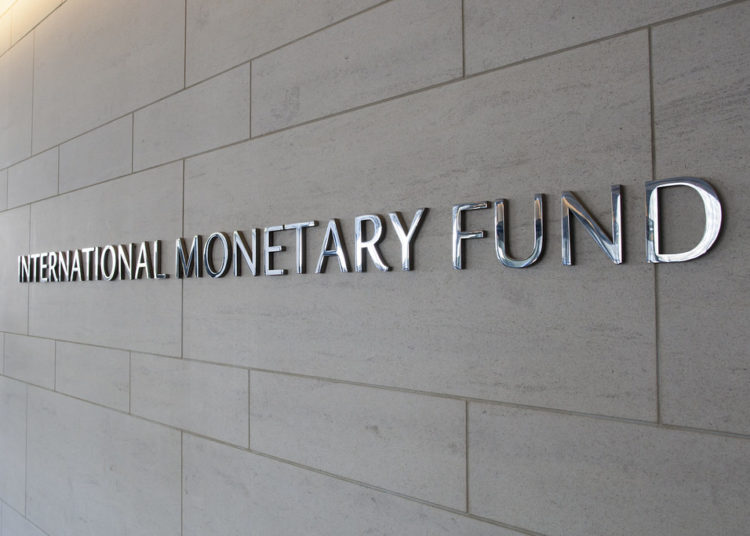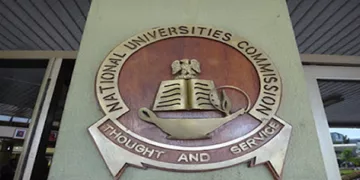The International Monetary Fund (IMF) has said it expects Nigeria’s inflation figure to rise to between 18 and 22 per cent in 2022 following the rise in food and energy prices.
The Central Bank of Nigeria (CBN) had last week raised interest rate by 150 basis point to tame inflationary pressure arising from insecurity and Russia/Ukraine crisis affecting the supply chain, with an anticipated high electioneering spending as Nigeria approaches election year.
The IMF also has also warned that with Nigeria’s public debt set to hit N45 trillion this year, the country may be spending all its revenue on servicing debts in the next four years if the rising debt level is not curtailed.
This was stated by the IMF representative for Nigeria, Mr Ari Aisen, during the public presentation of IMF’s Regional Economic Outlook for Sub Saharan Africa Spring 2022 Issue, entitled “A New Shock and Little Room to Manoeuver.”
Aisen had noted that upon conducting a macro-fiscal stress test, the interest payments on debts could amount to Nigeria using 100 per cent of its revenue to service debt by 2026 if not closely monitored. He also urged Nigeria in the short-term to prioritise its debt, inflation, growth and foreign exchange management.
He therefore called for the aggressive implementation of the Ministry of Finance-initiated strategic revenue growth initiative to effectively expand the tax net and mobilise funds for government spendings for macro-stability.
However, contrary to the 76 per cent debt-to-service ratio as stated by the director-general of the Budget Office of the Federation, Ben Akabueze, the IMF representative noted that Nigeria’s debt to service ratio currently stands at 89 per cent, a stretch away from the 50 per cent target of the government.
“I think the biggest critical aspect for Nigeria is that we have done a macro-fiscal stress test, and what you observe is the interest payments as a share of revenue, and as you see us in terms of the baseline from the federal government of Nigeria, the revenue – almost 100 per cent – is projected by 2026 to be taken by debt service.
“So, the fiscal space or the amount of revenues that will be needed and this, without considering any shock, is that most of the revenues of the federal government are now in fact 89 per cent and it will continue if nothing is done to be taken by debt service. It is a reflection of the low revenue of the country. The country needs to mobilise more revenue to be able to have macroeconomic stability. It has become an existential issue for Nigeria.”
The IMF reaffirmed its revised prediction for Nigeria’s economic growth at 3.4 per cent in 2022, with overall fiscal balance of -5.9 per cent, while it projected the nation’s public debt to grow by 38.8 per cent this year. In terms of level, Aisen said it is still at the moderate level of debt-to- GDP.
IMF said the outlook is challenged by high food and energy prices, spending pressure within narrow fiscal space, persistent insecurity, particularly banditry and kidnapping and elections risks.
Other downsides to the economy, according to IMF, are low COVID-19 vaccination rate, monetary tightening in advanced economies and muted foreign investment inflows and exchange rate pressures.
Aisen said growth in Nigeria has recovered substantially despite uncertainties, adding that Nigeria needs to mobilise more revenue to serve as fiscal support and to deal with macroeconomic issues.
On the effects of the Russia and Ukraine war, he noted that Nigeria and other sub-Saharan Africa are currently facing high food prices and that 57 per cent of the Sub-Saharan Africa population currently face food insecurity which worries the IMF.





